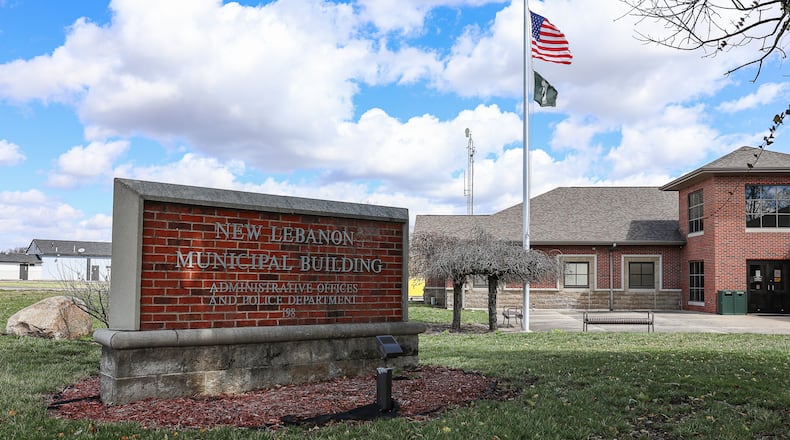Joy had been denied access to unredacted invoices for all legal services provided to the municipality by McNamee and his law firm McNamee Law Group LLC, with McNamee himself invoking attorney-client privilege as reason for the denial.
In late August, a court-appointed official recommended a ruling in favor of the village by denying Joy’s claim to compel release of the unredacted invoices, arguing Joy’s status as a councilman does not inherently grant him attorney-client privilege.
The opinion further asserts that fulfillment of Joy’s request under the Public Records Act is “beyond the scope” of the Court of Claims’ authority altogether.
In a subsequent objection to the recommendation report, Joy asserted the Public Records Act compels the disclosure of all non-privileged invoice data, with narrowly tailored redactions only, and therefore also falls under the court’s authority.
“If this court truly believed it lacked jurisdiction from the outset, that should have been made clear before the matter proceeded to full resolution, not after the requester was subjected to litigation in what is now deemed the improper forum,” Joy argued.
However, Judge David Cain ruled against Joy, opining that despite being a member of council, he does not constitute the entire governing body and cannot act under such authority alone.
“... (It does not appear that Joy), in his capacity as a council member, has authority to waive attorney-client privilege enjoyed by the village’s council or the village because, under the village’s charter, an affirmative vote of a majority of the village’s council generally is required to take legislative action,” the ruling states.
The judge cites case law to support the argument that under the public records statute, the government has the duty to supply records, not information.
“(Joy) urges that the Ohio Public Records Act is the right tool for obtaining needed information,” Cain wrote, calling the argument “unpersuasive.”
“A request for information is not a proper public records request,” he said.
About the Author

